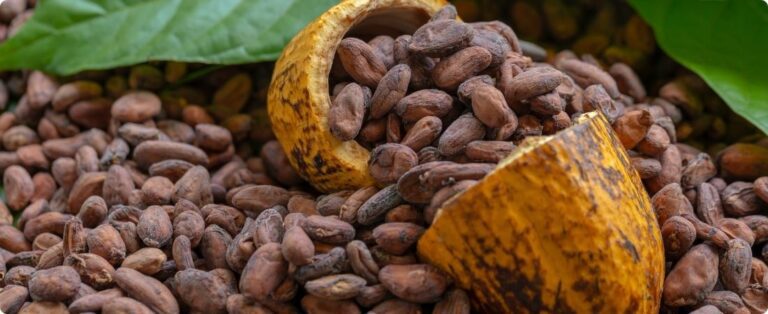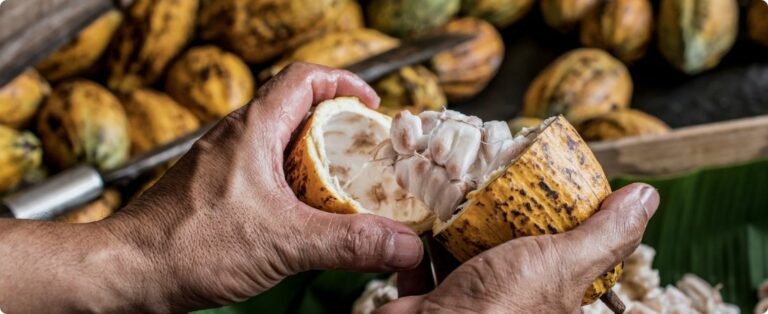Paraná stands out in the national scenario of cultivation of genetically modified organisms (GMOs) with 7.23 million hectares (ha) of GMOs planted, according to the latest survey by the International Service for the Acquisition of Agrobiotechnology Applications (ISAAA). In Brazil, the state is second only to Mato Grosso, which has 12.68 million hectares cultivated with GMOs. If it were a country, Paraná would be in sixth place in the global ranking of adoption of transgenics (among 28 countries), ahead of countries with significant agricultural production, such as China (3.7 million ha), Paraguay (3.6 million ha), Pakistan (2.9 million ha) and South Africa (2.3 million ha).
In the State, genetically modified (GM) soybeans occupy 4.88 million ha, which corresponds to 94.2% of the total area cultivated with the oilseed crop. The adoption rates of GM corn and cotton, the other two crops with transgenic varieties available in Brazil, are also significant, 92.4% (2.35 million ha) and 64.2% (552 thousand ha), respectively. For the executive director of the Biotechnology Information Council (CIB), Adriana Brondani, the region is fundamental for agriculture in the country. “It is natural that in Paraná, a state with developed agriculture, farmers make use of innovations and technologies to increase productivity and preserve the environment; GMOs are one of the tools for this.”, he analyzes.
The use of transgenic seeds has brought benefits to Brazil, as they facilitate crop management and can provide productivity gains, reducing the need to expand arable land for food production. Furthermore, due to the additional characteristics of GM seeds, they favor the adoption of more sustainable agricultural practices.
Source: Agrolink















